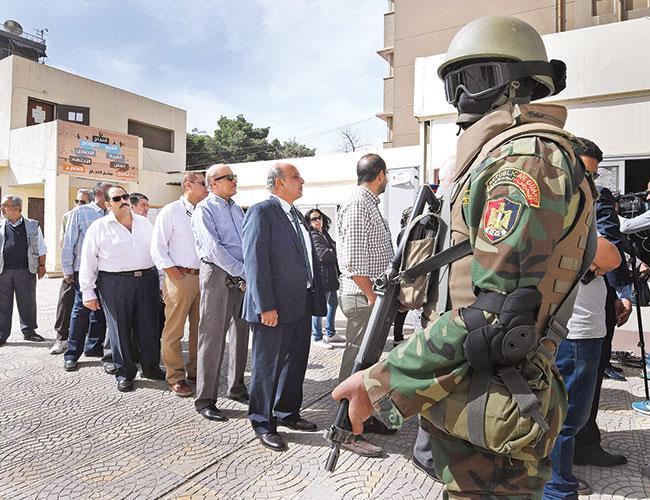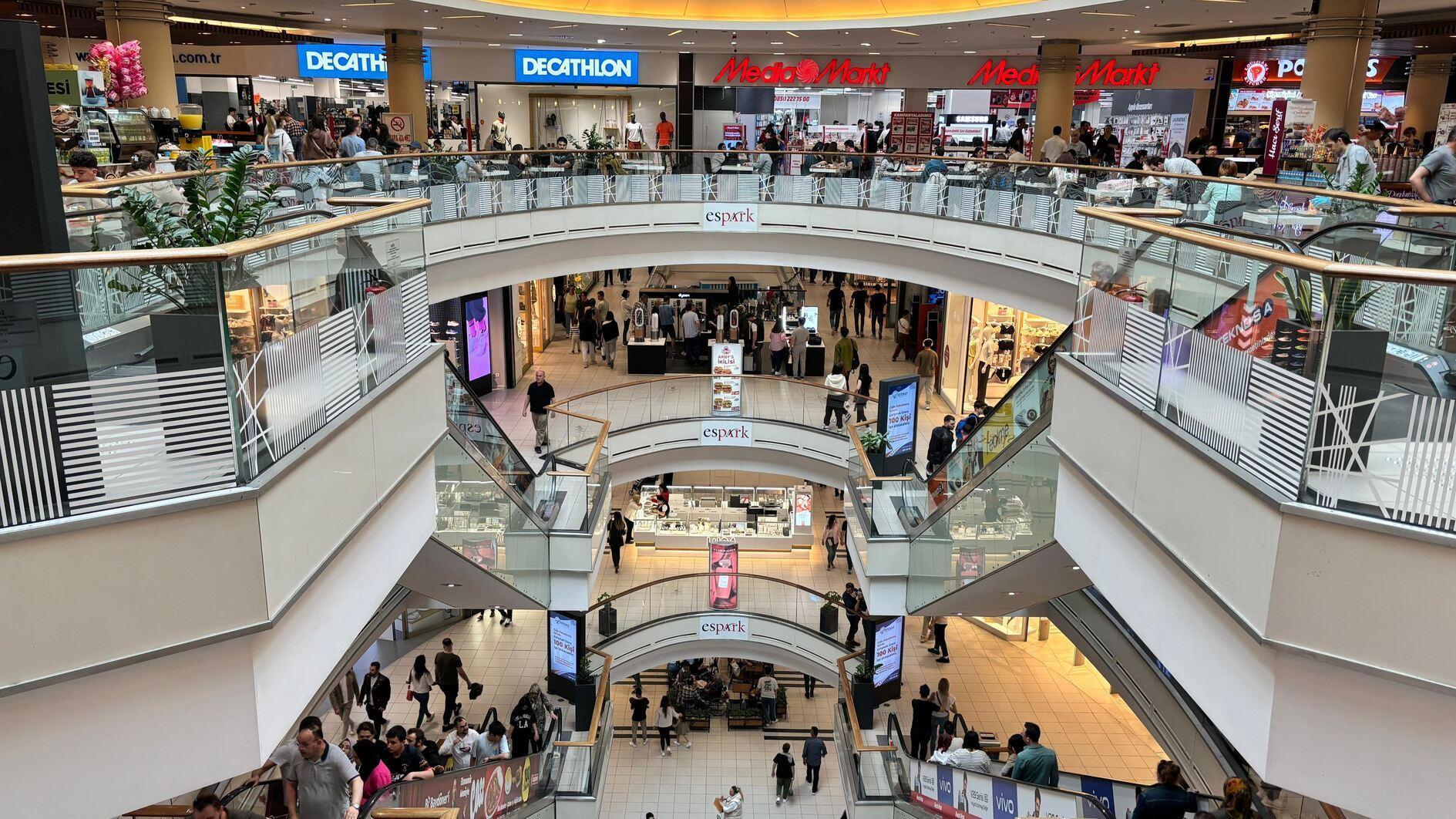Egypt begins voting in race set to hand Sisi 2nd term
CAIRO – Reuters

Egyptians began voting on March 26 in a presidential election set to deliver an easy win for incumbent Abdel Fattah al-Sisi, with turnout the main focus after all serious opposition withdrew complaining of repression.
Polls will be open for three days and Sisi, a former military commander, has urged Egyptians to go and vote, hinting that he sees the election as a referendum on his four-year rule.
While many Egyptians see the U.S.-allied leader as vital to stability in a country where unrest since 2011 has hurt the economy, critics say he has presided over Egypt’s worst ever crackdown on dissent and have dubbed the vote a charade.
Turnout on debate
Sisi, 63, who led the military’s overthrow of Egypt’s first democratically elected President Mohamed Mursi in 2013, has cast his bid for a second term as a vote for stability and security.
But a lower-than-expected turnout could suggest Sisi lacks a mandate to take more of the tough steps needed to revive the economy, which struggled after the 2011 revolution drove away tourists and foreign investors, both sources of hard currency.
Early on March 26, dozens of people queued up to vote in and around Cairo, but not in great numbers. Reuters correspondents saw voters waiting outside schools converted into polling stations.
“We’re coming to support President Sisi. Anyone who doesn’t participate in the vote is a traitor,” 76-year-old Saad Shahata, a civil servant, said at a polling station in Monofiya province north of Cairo.
Sisi’s sole challenger in the March 26-28 vote is Moussa Mostafa Moussa, a longtime Sisi supporter widely dismissed as a dummy candidate: Moussa’s Ghad party had actually endorsed Sisi for a second term before he emerged as a last-minute challenger.
Moussa dismisses accusations he is being used to present a false sense of competition, and the electoral commission says it will ensure the vote is fair and transparent.
An editorial in state-owned newspaper al-Ahram acknowledged the narrow choice for voters but suggested the mere holding of the ballot signalled Egypt was regaining its strength in the face of current domestic and foreign threats.
“The importance of presidential elections this time is not fierce competition or a real [electoral] battle, but a message to the world that Egypt is on its way through a recovery phase,” it said.
Critics say Sisi’s popularity since his 2014 election has been hurt by austerity reforms and a muzzling of opponents, activists and independent media. Courts have passed death sentences on hundreds of Muslim Brotherhood supporters since 2013.
Sisi’s backers - who include Western powers and most Gulf Arab dynasties - say the measures are needed to keep the country stable as it recovers from political chaos and tackles an Islamist insurgency focused in the Sinai Peninsula.
Neither candidate has done much campaigning, appealing instead for a high turnout. Sisi won nearly 97 percent of the vote in 2014, but less than half of eligible Egyptians voted even though the election was extended to three days.
In remarks earlier this month that suggest Sisi may see the vote as a referendum on his performance, he said: “If [all Egyptians] vote and a third say ‘No’, that would be a lot better than if half that number turn out and all of them say ‘Yes’.”
Several opposition figures called for a boycott of the vote after all major opposition campaigns withdrew, saying repression had cleared the field of credible challengers.
















